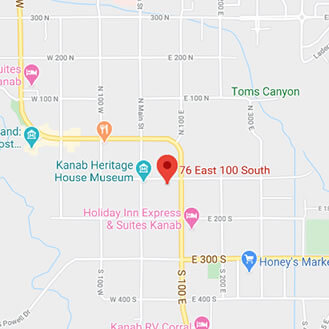Keep that candy at bay during your treatment!
February 3rd, 2016

Now that you have braces, it is more important than ever to maintain good oral hygiene during your treatment, as Dr. Mark Webster will tell you. While we trust you will continue brushing and flossing on a regular basis throughout your treatment at Webster Orthodontics, you also have to mindful of what you eat. While all those sweet, sour, and sticky candies may taste great, these treats can actually damage your teeth and braces!
Sour candies can be acidic to your teeth, and actually wear down the enamel that protects them, resulting in tooth decay and cavities. If you do indulge in eating these candies at some point during your treatment, be sure to wash your mouth out with water, drink milk or eat a few slices of cheese. These foods will help neutralize the acid in your mouth.
Besides cavities and tooth decay, many people do not realize that good oral health and hygiene are important to your overall health, too; researchers have discovered the connection between periodontal disease and other major health concerns, such as heart disease. Therefore, it is important to maintain a good oral hygiene routine just as you did before your braces. This includes visiting your dentist here in Cedar City or Kanab, UT every six months, brushing and flossing daily, and using an antibacterial mouthwash, as well as visiting Dr. Mark Webster for your regular adjustment appointments.
For more questions about foods you should avoid while wearing braces, or if you have any general questions about your treatment, we encourage you to give us a call, ask us at your next adjustment appointment or ask us on Facebook!





